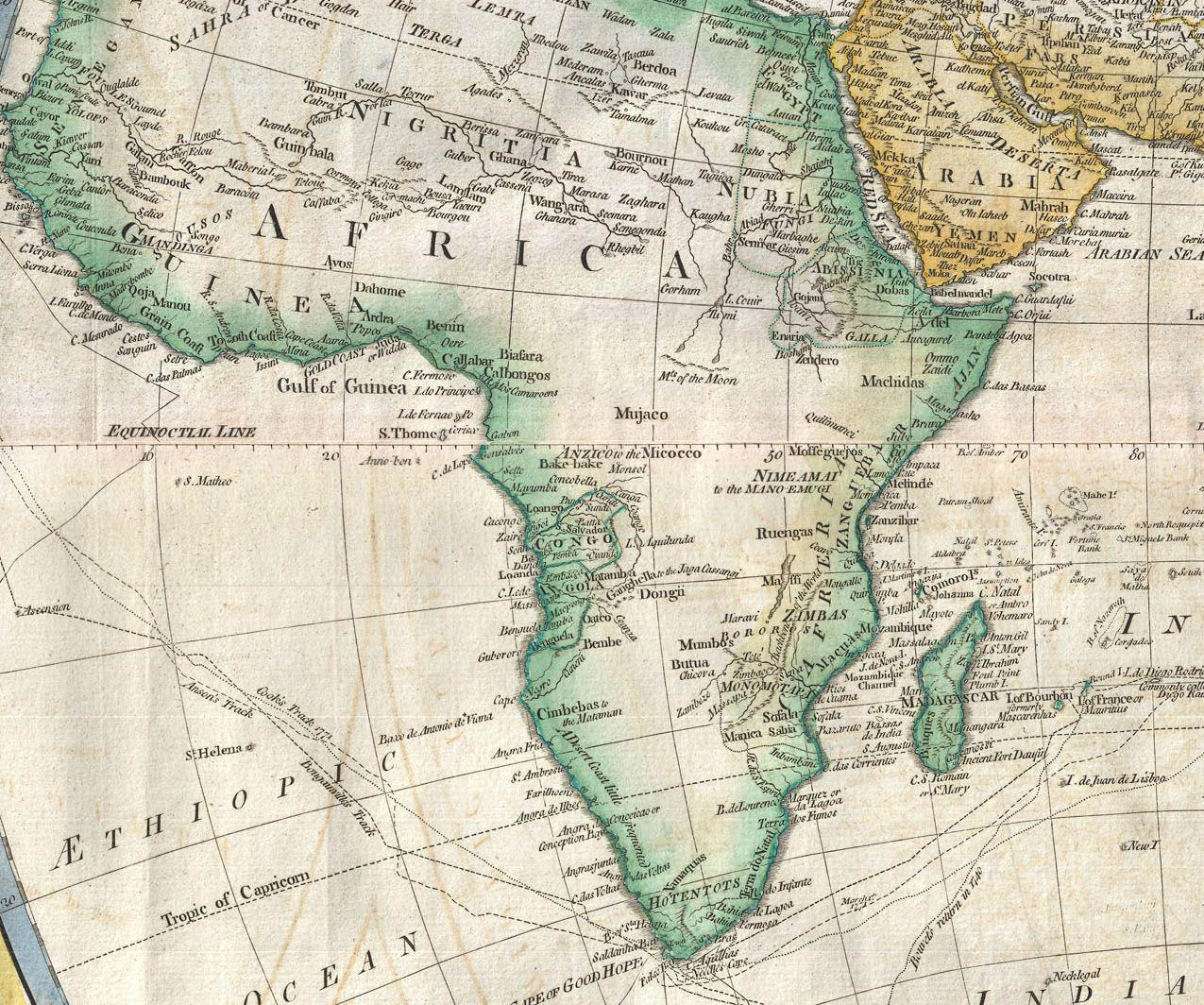
Nigeria is the largest oil producer in Africa, holds the largest natural gas reserves on the continent, and is among the world's top five exporters of liquefied natural gas (LNG). Nigeria became a member of the Organization of the Petroleum Exporting Countries (OPEC) in 1971, more than a decade after oil production began in the oil-rich Bayelsa State in the 1950s.1 Although Nigeria is the leading oil producer in Africa, production suffers from supply disruptions, which have resulted in unplanned outages as high as 500,000 barrels per day (bbl/d).
Nigeria's oil and natural gas industry is primarily located in the southern Niger Delta area, where it has been a source of conflict. Local groups seeking a share of the wealth often attack the oil infrastructure, forcing companies to declare force majeure on oil shipments (a legal clause that allows a party to not satisfy contractual agreements because of circumstances that are beyond their control). At the same time, oil theft leads to pipeline damage that is often severe, causing loss of production, pollution, and forcing companies to shut in production.
Aging infrastructure and poor maintenance have also resulted in oil spills. Natural gas flaring, the burning of associated natural gas that is produced with oil, has contributed to environmental pollution. Protest from local groups over environmental damages from oil spills and natural gas flaring have exacerbated tensions between some local communities and international oil companies (IOCs). The industry has been blamed for pollution that has damaged air, soil, and water, leading to losses in arable land and decreases in fish stocks.
Nigeria's oil and natural gas resources are the mainstay of the country's economy. The country's oil and natural gas industry typically accounts for 75% of government revenue and 95% of total export revenue.2 Nigeria's economy is vulnerable to a drop in crude oil prices as it is very dependent on oil revenue. Nigeria's fiscal buffers, the Excess Crude Account and Sovereign Wealth Fund, include savings generated when oil revenues exceed budgeted revenues. However, those funds declined from US$11 billion at end-2012 to US$3 billion at end-2013.





